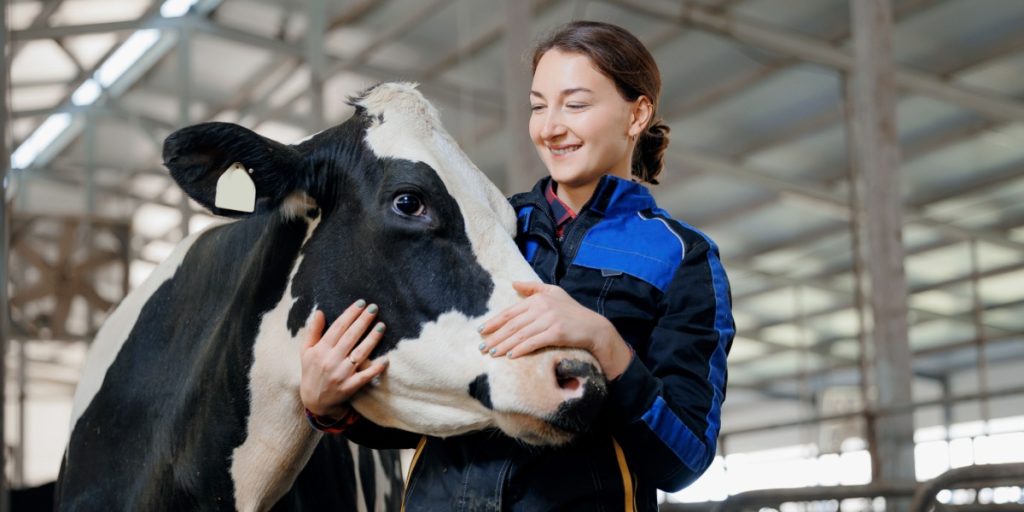Cow-assisted therapy has positive effects on both humans and animals
Others are reading now
In a recent study titled Cow Cuddling: Cognitive Considerations in Bovine-Assisted Therapy, researchers have discovered the positive impact of using cows as therapy animals.
Published in the journal Human-Animal Interactions, the study reveals that cows show a strong preference for interacting with females and that these interactions are beneficial for both humans and the animals.
The research, conducted by Dr. Katherine Compitus and Dr. Sonya Bierbower at the Surrey Hills Sanctuary in New York, explored the behavioral and cognitive characteristics of cows in animal-assisted therapy.
Using the Human-Animal Interaction Scale (HAIS), the researchers measured how cows respond to human interaction.
Also read
Comfort and Reduced Stress
Two cows, Magnus and Callum, participated in the study.
After 45 minutes of contact with humans, they exhibited positive behaviors such as sniffing, licking, and accepting food. These behaviors indicate that the cows felt comfortable and showed fewer stress signals when in human company.
A particularly striking finding was the cows’ preference for interactions with women, who also reported feeling a stronger bond with the animals.
The study demonstared the dual benefits of animal-assisted therapy.
Cows that enjoy human company experience reduced stress and improved well-being through social interactions.
For humans, the therapy sessions provided a positive and calming experience. One participant initially feared the cows might be aggressive but later reported falling in love with the animals.
All participants expressed satisfaction with the experience and would recommend it to others.
The findings suggest that cows could play a valuable role in animal-assisted therapy, complementing existing therapeutic methods.


